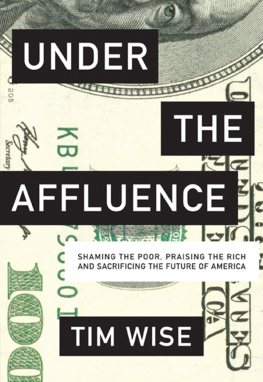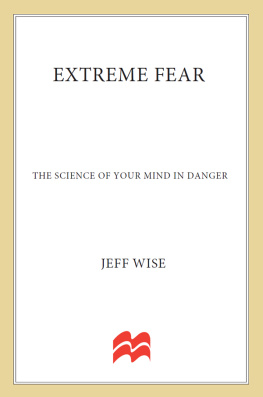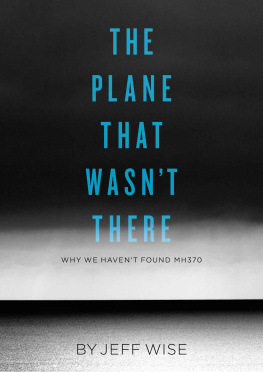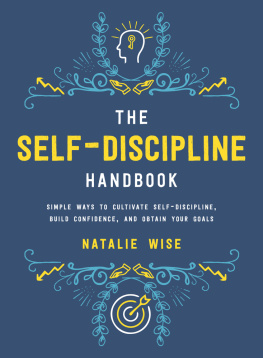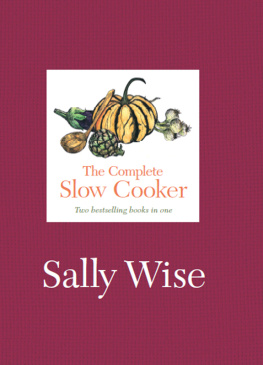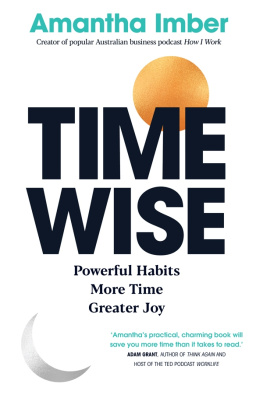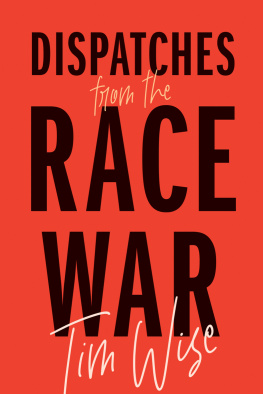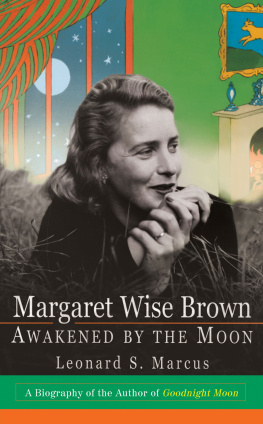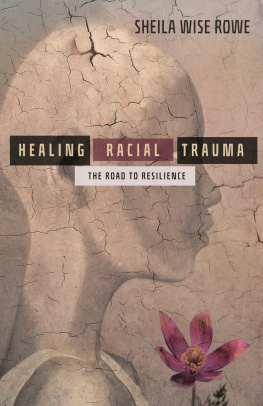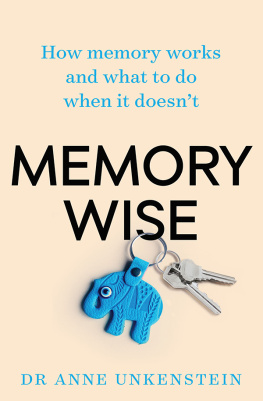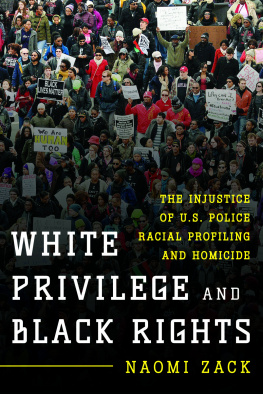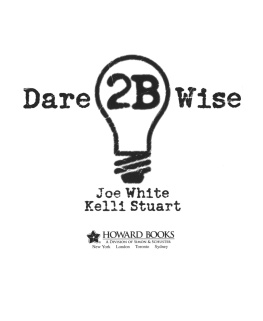RECENT AND FORTHCOMING IN THE OPEN MEDIA SERIES
Writing on the Wall
Selected Prison Writings of Mumia Abu-Jamal
Edited by Johanna Fernndez
Because We Say So
By Noam Chomsky
The Violence of Organized Forgetting
By Henry Giroux
Disposable Futures
The Seduction of Violence in the Age of Spectacle
Brad Evans and Henry A. Giroux
Narrative of the Life of Frederick Douglass, an American Slave,
Written by Himself
A New Critical Edition
by Angela Y. Davis
Border Patrol Nation
By Todd Miller
Dying To Live
A Story of U.S. Immigration in an Age of Global Apartheid
By Joseph Nevins, with photography by Mizue Aizeki
Occupy the Economy
Challenging Capitalism
By Richard Wolff and David Barsamian
City Lights Books | http://www.alternet.org/education/truth-about-charter-schools-padded-cells-corruption-lousy-instruction-and-worse-results
CHAPTER I
PULLING APART: THE STATE OF DISUNITED AMERICA
Though many things change with time, some truths appear to be largely unaltered by the turning of the hands on a clock or the progression of a calendar. It has been more than two millennia, after all, since the Greek philosopher Plato gave voice to a social reality easily recognizable in each generation from his time to the present:
Any city, however small, is in fact divided into two, one the city of the poor, the other of the rich; these are at war with one another.
As with Plato, philosophers, novelists and poets down through the ages have made note of inequality. While the work of Dickens, mentioned previously, is perhaps the obvious referent hereand indeed we will come back to himmany others have written and spoken just as descriptively about the reality of class division. At the turn of the twentieth century, Theodore Dreiser described the divide with regard to New York City, in his novel Sister Carrie:
Along Broadway men picked their way in ulsters and umbrellas. Along the Bowery, men slouched through it with collars and hats pulled over their ears. In the former thoroughfare businessmen and travelers were making
Seventy-five years ago, in The Grapes of Wrath, novelist John Steinbeck described in visceral prose the way that economic division so often plays out, with the rich unaware of the strain and suffering felt by those struggling to survive:
The fields were fruitful, and starving men moved on the roads. The granaries were full and the children of the poor grew up rachitic, and the pustules of pellagra swelled on their sides. The great companies did not know that the line between hunger and anger is a thin line.... On the highways the people moved like ants and searched for work, for food. And the anger began to ferment.
James Baldwin, whose graphic depictions of Americas racial divide were among the most searing ever produced, famously discussed the difference between Park Avenue uptown, in Harlem, and Park Avenue midtown, where the affluent and white caroused in a universe quite their own: one city but two worlds, separated by gulfs of race and class, as foreign to one another as persons living in lands divided by vast oceans:
I still remember my first sight of New York. It was really another city when I was bornwhere I was born. We looked down over the Park Avenue streetcar tracks. It was Park Avenue, but I didnt know what Park Avenue meant downtown. The Park Avenue I grew up on, which is still standing, is dark and dirty. No one would dream of opening a Tiffanys on that Park Avenue, and when you go downtown you discover that you are literally in the white world. It is richor at least it looks rich. It is cleanbecause they collect garbage downtown. There
Far from seeking to inspire the reader to rediscover great literature, my purpose here is to establish the way in which scholars, artists and public intellectuals have long recognized inequity as a serious social problem; and just as in their respective times, so too today the economic inequities to which these authors gave voice are as real as ever, and in some ways more deeply entrenched than before. This is not because such vast inequities are natural or inevitablethe commonly believed but altogether false assumption made by manybut because of decisions we have made within political and civil society, decisions that can be just as readily undone through collective action once we recognize the source of the trouble.
Dont misunderstand: a certain degree of inequality between persons is to be expected. We all have different talents and interests, after all; some can sing, some cannot; some are artists, some are not; some simply work harder than others. But the extremes between rich and poor to which we are being exposed today are unlike anything that can be written off to the normal distribution of abilities. It is not the simple fact of inequalities that concerns us, but the extremity of the gap, the shape of those disparities, and their increasing impermeability that should give us pause. There is nothing normal or acceptable about those things, however much we may allow for a reasonable range of talents and rewards based upon them. Not to mention the fact that what we have chosen to value in societywhich work, for instance, is most amply rewarded in the markethas been the result of choices weve made, rather than some natural process. As such, the inequities we can readily see all around us reflect little about the individual worth of people at the top or bottom of the scale; rather, they reflect social power relationships that have elevated the work product of some above others, even when (as well see) many of those others perform work generally acknowledged to be more socially valuable than the work performed by the wealthy economic minority. So even if a certain degree of inequality is inevitable in any remotely free society, we should not extrapolate from that fact the notion that those inequities that currently exist are preordained.
To get a sense of the two cities nature of modern American life, consider the following: As of 2014, the stock market reached an all-time high.
Even those gains for persons who werent one-percenters were received exclusively by the next nine percent. From 2009 to 2012, the bottom nine-tenths of the wage-earning population saw their incomes actually fall, meaning that a statistically improbable but nonetheless true 116 percent of all income gains in the first years of the recovery went to the highest-earning tenth of Americans.
Even more disturbing, there is good reason to believe that the job and wage recovery of the last few months (as of this writing) wont last long, if current rumblings from the Federal Reservethe nations central bankare to be believed. Although the Fed has been holding interest rates down for years in the hopes of spurring businesses and consumers to borrow so as to boost consumption, production and economic growth, now that things are beginning to look up, the Fed seems concerned that more jobs and rising wages might push up prices. Recently, Fed chair Janet Yellen signaled the banks intention to begin raising interest rates so as to keep inflation low by putting the brakes on borrowing a bit, and thus on economic growth. The thinking here is that if the labor markets tighten too much and employee pay grows too fast (a concept that must seem laughable to workers given the last two decades of wage stagnation), people will spend their increased earnings and inflation will spiral out of control, thereby damaging the economy. And this is feared, even as wage-related inflation has been largely nonexistent for several decades. Ultimately, if the Fed hikes interest rates (and this appears a certainty as of this writing), the result could be the loss of hundreds of thousands of jobs that would otherwise have been created, as borrowing for the purpose of new job creation and business expansion Such a move could easily choke off the job and wage recovery, long before it has time to filter throughout the ranks of the working class. In short, despite recent signs that things may be getting better for American workers, the long-term prospects for fundamental gains in wages and living conditions remain sketchy at best.
Next page
